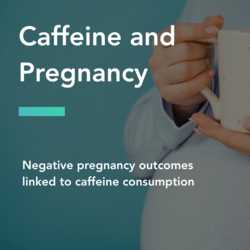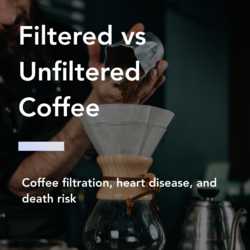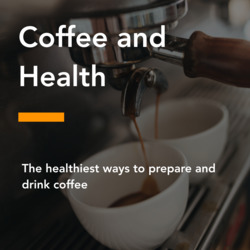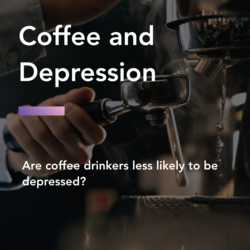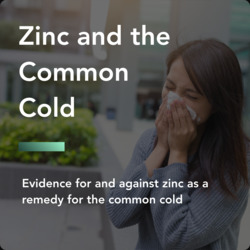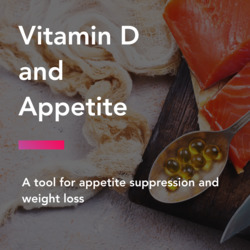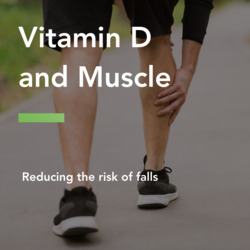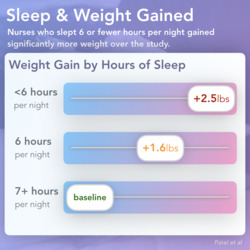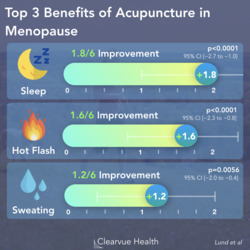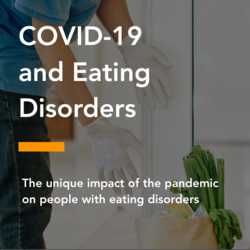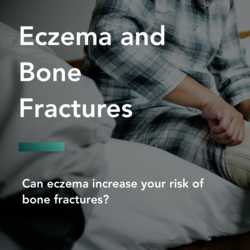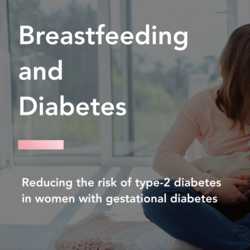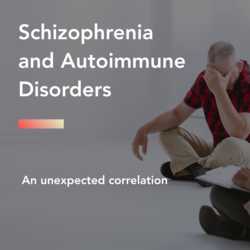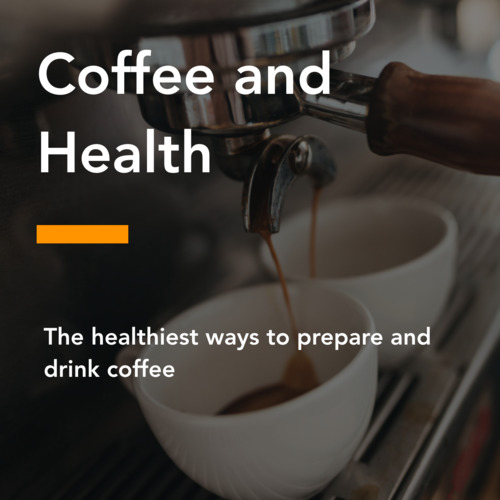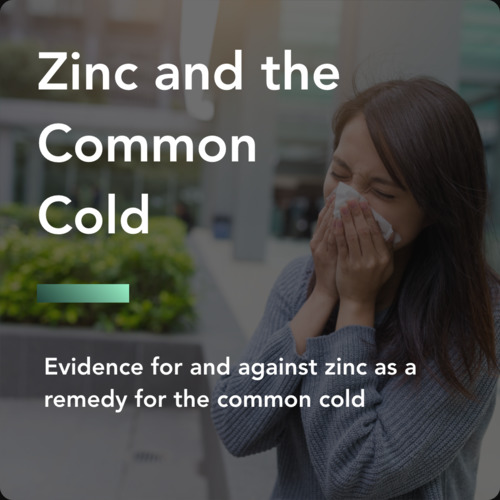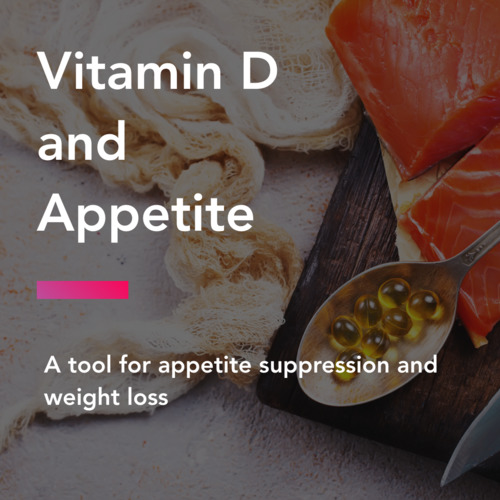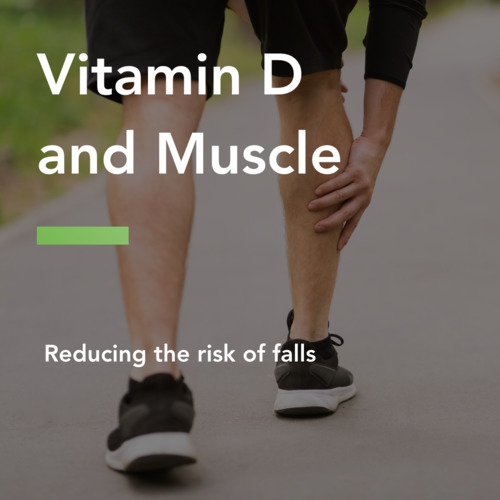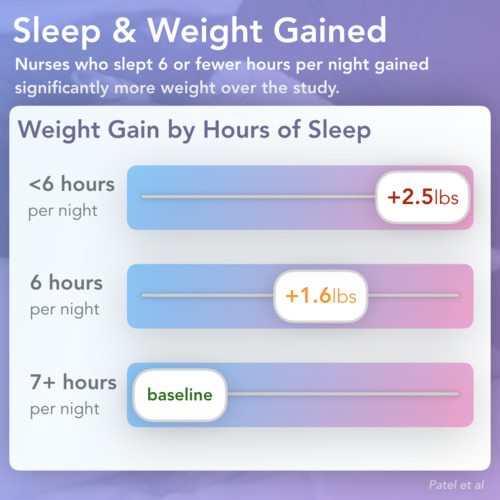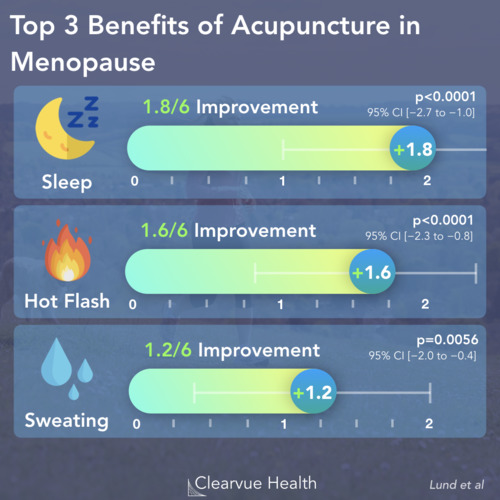Study Summary: Vitamin B6/B12 & Hip Fractures
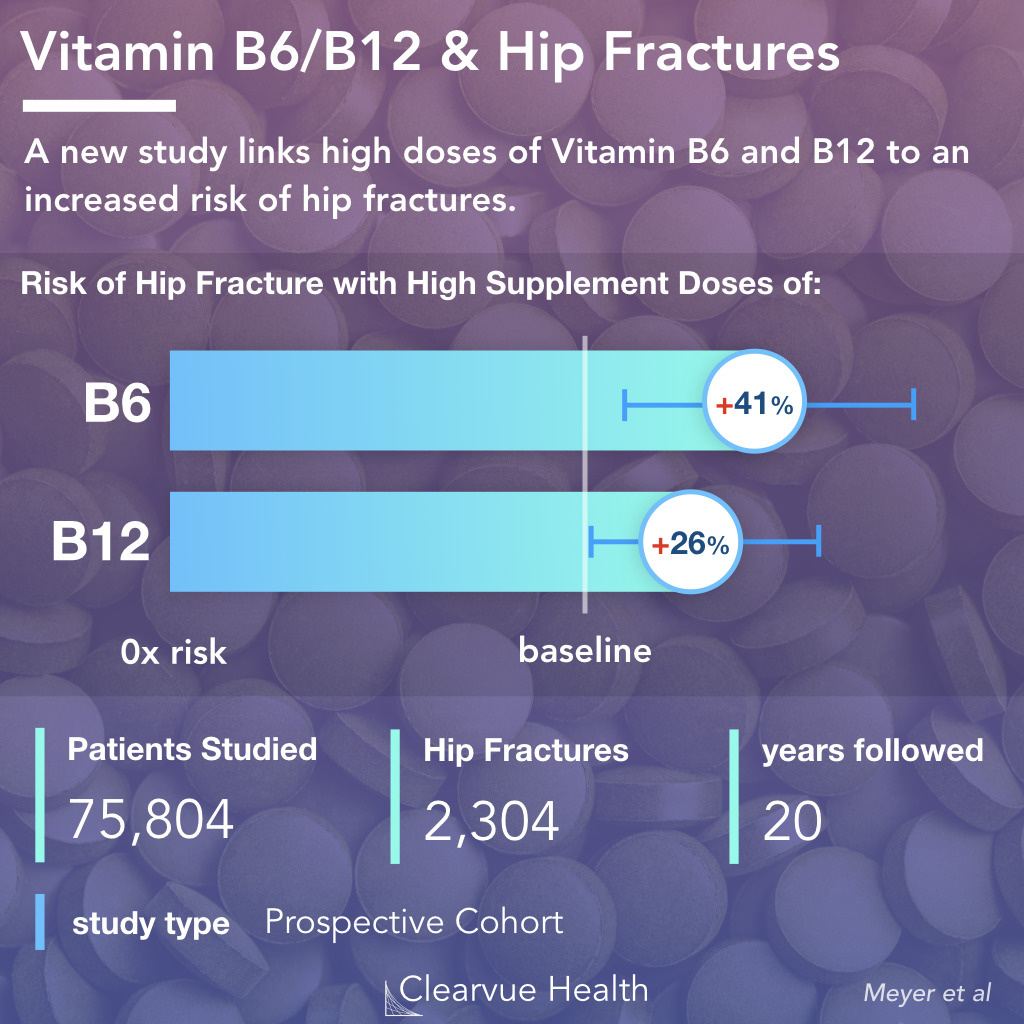
Figure 1: Study Summary: Vitamin B6/B12 & Hip Fractures. Individuals who took high doses of Vitamin B6 and Vitamin B12 had higher risks of hip fractures. Vitamin B6 was associated with a 41% increase in hip fracture risk and Vitamin B12 was associated with a 26% increase in hip fracture risk. This was after adjusting for age, BMI, physical activity, smoking status, calcium intake, vitamin D intake, alcohol, cancer, cardiovascular disease, osteoporosis, and hormonal therapies, among other relevant factors. Researchers obtained this data by analyzing the nutrition habits of 75,804 patients who among them had 2,304 cases of hip fractures.
Vitamin supplements may seem healthy, but too much of a good thing can carry some risks.
A new study link high doses of Vitamin B6 and B12 supplements with hip fractures in women.
Among the 75,804 women studied, those who took high doses of supplements for these vitamins had a significantly higher risk of hip fracture.
This risk remained after adjusting for age, BMI, physical activity, smoking status, calcium intake, vitamin D intake, alcohol, cancer, cardiovascular disease, osteoporosis, and hormonal therapies, among other relevant factors.
+
Sample Size - This study used a large enough sample set to show significant differences.
+
Study Type - This study used a prospective cohort method. This method is not as robust as a clinical trial, but can still yield useful insights.
+
Effect Size - This study found significant and clinically relevant effects for hip fracture and vitamin intake.
+
Multivariable Adjustment - This study adjusted for many possible confounding variables, which reduces the risk of confounding.
-
Self Reported Data - Self reported information tends to be prone to bias.
Limitations of Self Reported Data
Much of the data in this nutrition study is self-reported, which has several limitations and sources of bias. Self-reported data, which is obtained through surveys and questionnaires, is the most feasible way of collecting data from large subsets of the population. However, the data may suffer from recall bias, where respondents may forget certain details or may not accurately remember details. They may also suffer from social desirability bias, where respondents may be reluctant to admit to socially undesirable behaviors, even if the survey is anonymous.
Source: Association of High Intakes of Vitamins B6 and B12 From Food and Supplements With Risk of Hip Fracture Among Postmenopausal Women in the Nurses’ Health Study
Vitamin B6 and Hip Fracture Risk
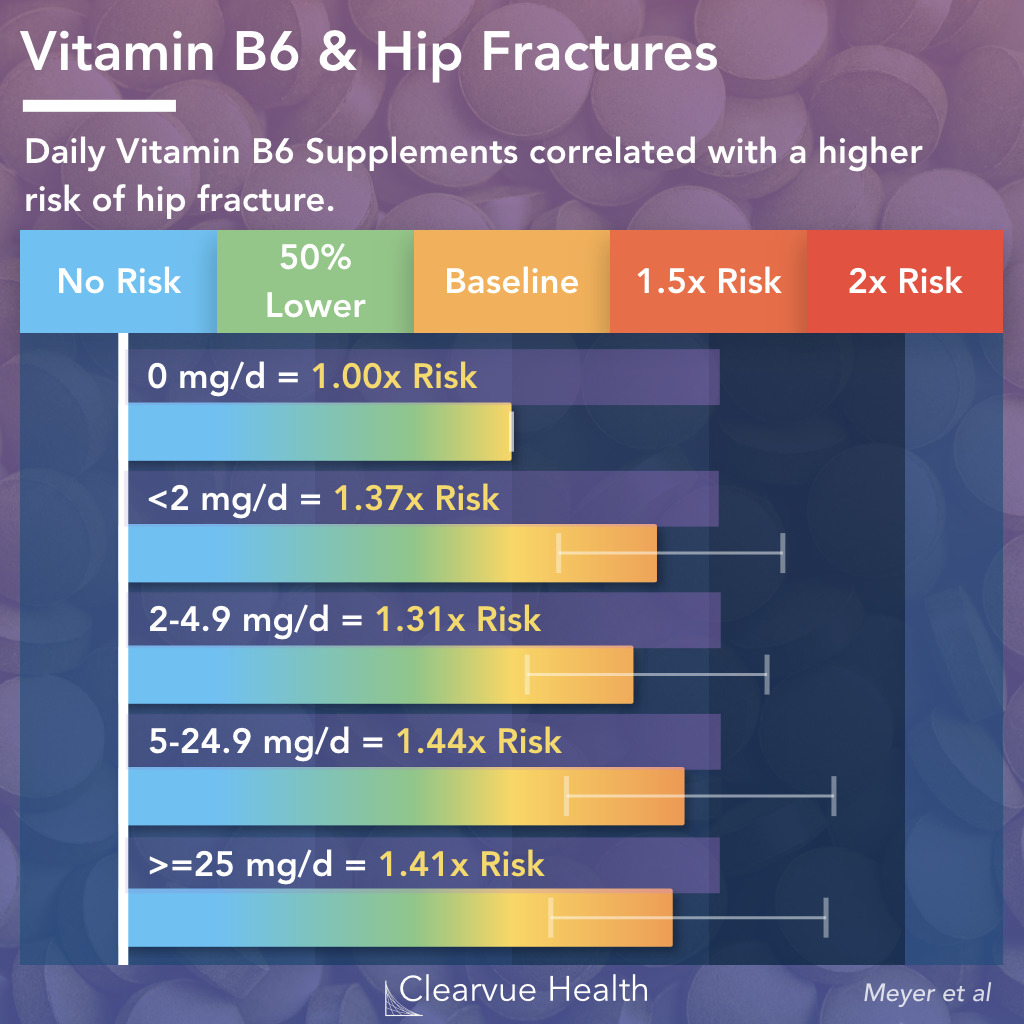
Figure 2: Vitamin B6 and Hip Fracture Risk. Vitamin B6 supplements were associated with an approximate 41% increase in hip fracture risk in volunteers who took more than 25 milligrams a day. 5-24.9 mg/day was similar associated with an approximate 44% increase in risk. Both were statistically significant. The dose-trend was also significant.
Researchers found that any daily dose of Vitamin B6 was associated with at least a small increase in risk.
This increase in risk was approximately even across all doses, with no significant differences between doses.
Source: Association of High Intakes of Vitamins B6 and B12 From Food and Supplements With Risk of Hip Fracture Among Postmenopausal Women in the Nurses’ Health Study
Vitamin B12 and Hip Fracture Risk
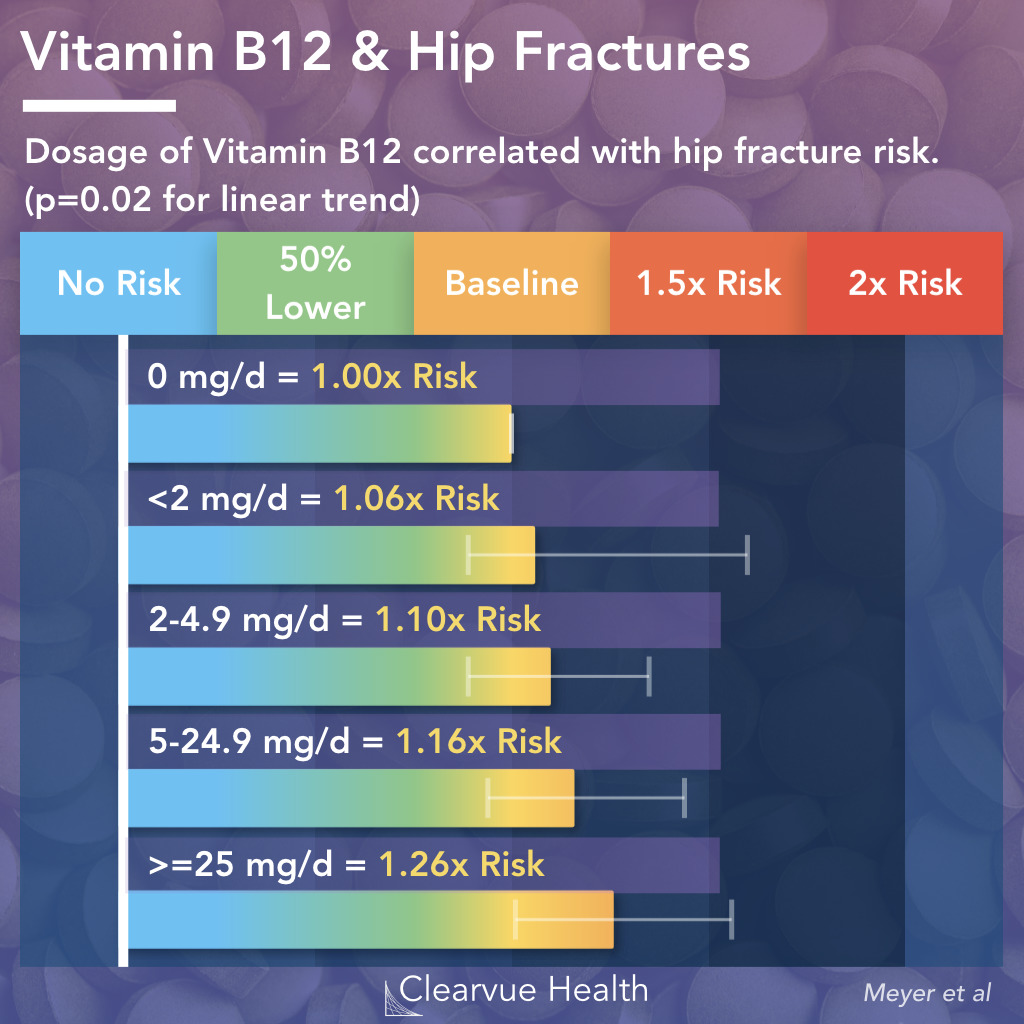
Figure 3: Vitamin B12 and Hip Fracture Risk. Vitamin B12 doses were associated with a significant linear trend (p=0.02). Individual dosage categories however were not associated with statistically significant increases, as shown by the large error bars.
When it comes to vitamin B12, the risk of hip fracture appears to increase with doses of supplements.
Vitamin B12 was associated with a significant linear trend (p=0.02). The data showed a dose-dependent trend, though individual dose levels did not reach statistical significance.
Source: Association of High Intakes of Vitamins B6 and B12 From Food and Supplements With Risk of Hip Fracture Among Postmenopausal Women in the Nurses’ Health Study
Combining Vitamins B12 and B6 & Hip Fracture Risk
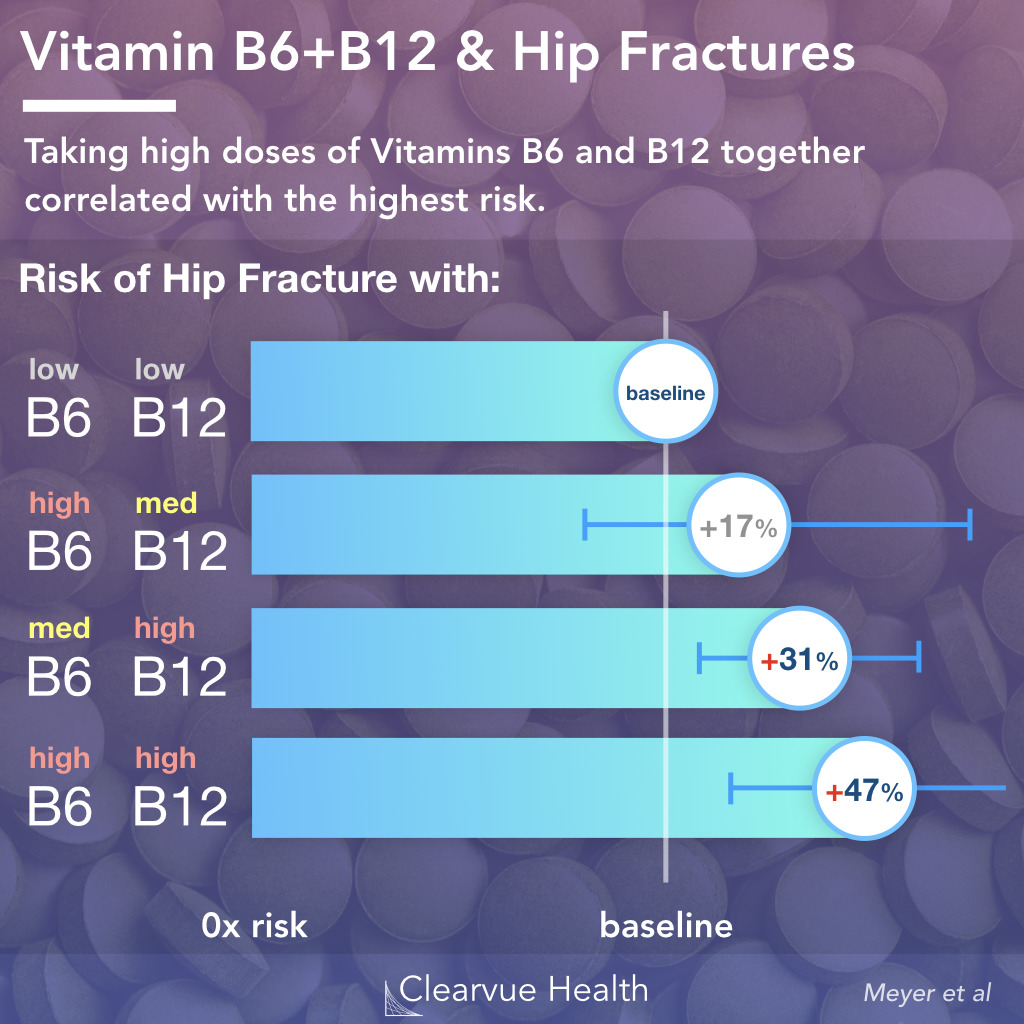
Figure 4: Combining Vitamins B12 and B6 & Hip Fracture Risk. Volunteers who took high doses of both vitamin B6 and B12 had the highest estimated increase in risk at 47%. Individuals who took medium doses of B6 and high doses of B12 had a 31% increase in risk, which was statistically significant. Taking a high dose of B6 and a medium dose of B12 was not associated with a statistically significant change in risk.
Taking high doses of Vitamin B6 and B12 together may be worse than taking either alone.
Among patients who took both vitamins, the data shows that those who took high doses of vitamin B12 and vitamin B6 had the highest risks of hip fractures at +47%. Similarly, taking a high dose of vitamin B12 and a medium dose of vitamin B6 lends itself to a +31% increase in hip fracture risk.
Key Takeaways
None of this data suggests that Vitamin B12 and B6 are inherently dangerous. Your body needs a steady supply of both. Many people actually don't get enough of these vitamins and suffer symptoms because of that.
When it comes to vitamins, the most important thing is making sure you get enough. Taking more vitamins than you need may not be a good thing.
At the end of the day, vitamins are just chemical compounds. Your body needs vitamins to stay healthy, however taking too much can have negative effects.
Given that this was a prospective cohort study, it's possible that vitamin supplements are not actually the cause behind the hip fracture risk increase. Correlation does not imply causation, even though the data is strong. Researchers will need to study this further with clinical trials to confirm this effect.
In any case, what we do know is that the best way to get vitamins remains eating a balanced diet. Vitamin supplements cannot substitute for healthy eating no matter how high the dose.




